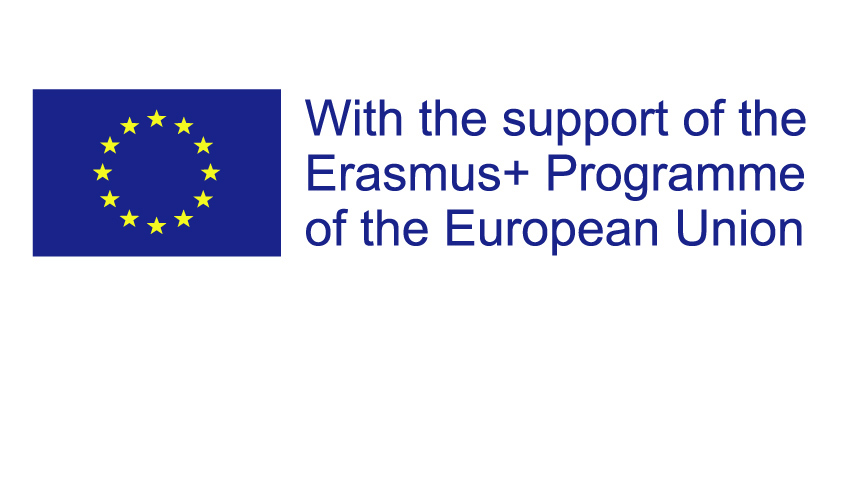THE PARTICIPATION OF ALBANIA IN TEMPUS
Of all the Western Balkan countries currently participating in the Tempus programme, Albania has been involved the longest. Since 1992, Tempus programme opened the door to the European academic community and gave Albanian lecturers one of the first opportunities to connect with their counterparts in the region and in Europe.
For more than 20 years since then, the Tempus programme has played a vital role in promoting cooperation between Albanian and EU higher education institutions. During the last years, Albanian institutions have also been particularly involved in regional cooperation projects with other Western Balkan countries. Since 1992, all Albanian public universities and some private ones have participated in 141 Tempus projects in total.
The number of the applications significantly increased during the last three years. From 28 applications in 2011, Albania has submitted 65 applications in 2013, which is the highest number of proposals since 1992. Also, the number of the selected projects has notably increased from 5 projects in 2012 to 9 projects in 2013.
The overall budget of Tempus that Albania has benefited since 1992 is 36.75 million Euros. During the last there years, the annual budget has significantly increased: in 2011 the budget allocated to Albania was 1 million Euros per year, in 2012 it increased up to 1.9 Million Euro and in 2013 the budget reached the peak of 3.8 Million Euros per year. It is absolutely positive that the entire annual budget for Albania is absorbed from the Albanian universities which are still implementing 21 ongoing Tempus projects.
Tempus funds and projects have been particularly instrumental in retraining and upgrading academic staff. A high percentage of Albanian academic staff has been trained abroad by the programme. Tempus has provided opportunities to improve soft skills and to acquire knowledge on new teaching methodologies and different processes of higher education reform, in particular through a high number of individual mobility grants, given between 1992 and 2006 in Tempus I, II and III. It has also had an important impact in raising the capacities of universities, in terms of institutional management and governance.
Two overall long‐term processes, the Stabilisation and Association Agreement and the building of the European Higher Education Area, have shaped Tempus cooperation in Albania since 2000 and the dynamics of both have led to the updating of higher education priorities on a yearly basis.
Tempus has been crucial in supporting the reform of the Bologna process in particular, by introducing the three cycles of study in all Albanian higher education institutions and supporting the development of unified curricula that comply with Bologna criteria. Curriculum development projects have also supported the introduction of ECTS and the Diploma Supplement in all Albanian higher education institutions.
Study programmes, mainly in fields such as natural science, environmental science, geology, agriculture, engineering, nursing, tourism and cultural heritage have been updated. Lifelong learning courses have been developed in the fields of civil society, environmental policy, transport policy, public administration reform, public health, justice and teacher training. The development of information management systems, institutional evaluations, and continuing education and university strategic plans has also been supported by Tempus.
Teaching methods are continuously changing within faculties, particularly due to projects that focus on the capacity‐building of academic staff.
Tempus is considered an important instrument from a quality assurance perspective. The ‘Albanian Agency for Quality Assurance and Accreditation in Higher Education’ was created through the support of a Tempus project in 1999, entitled “Support for an Accreditation System in Albania”.
Tempus has also been highly effective in developing human resources and building capacity in the public administration, civil society and NGOs. It has, moreover, led to greater cooperation, not just in Tempus projects, but also at the national level in general.
For more information on Albania participation in Tempus, visit:
http://eacea.ec.europa.eu/tempus/participating_countries/albania_en.php
